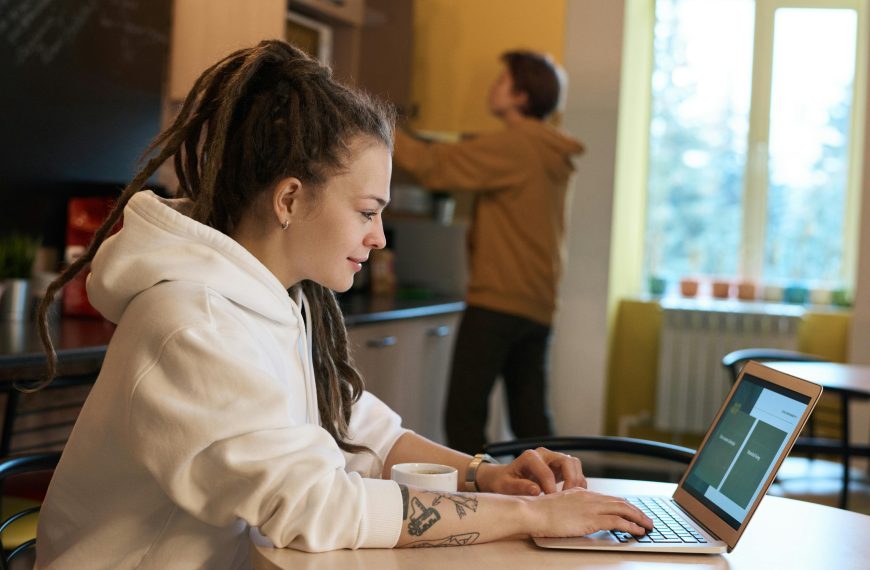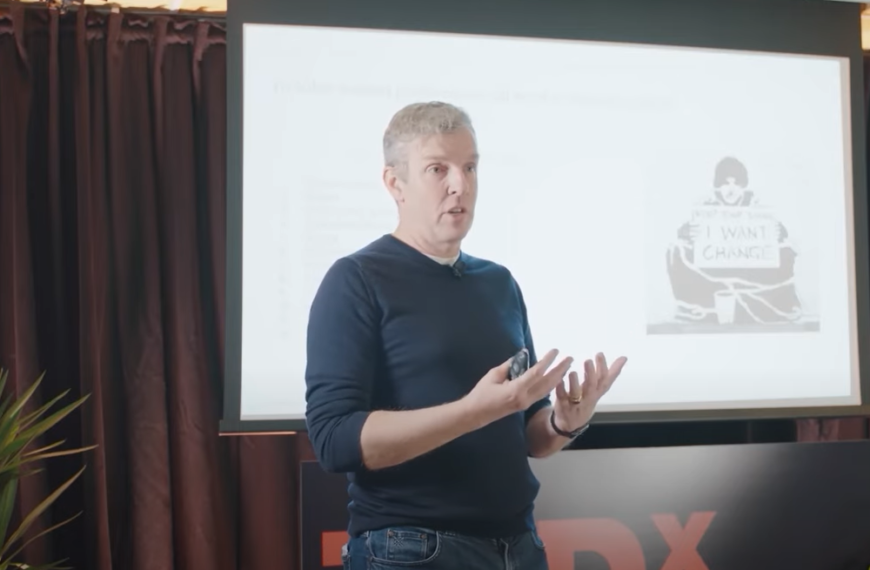David Attenborough is to blame – in the best possible way – for my love of nature. And I can recall the exact moment. The series Life on Earth captivated me as an eight-year-old. It sparked an interest in nature that eventually led to me studying zoology at university.
As adult life, work and relationships took my attention, I found myself a little more distanced from nature. However, as for many people recently, the pandemic has reawakened the nature lover in me. I made the most of the park near my home during lockdown and I was in touch with nature again – the changing seasons, the wildlife, and the plant life. It became an important source of energy and wellbeing for me.
As restrictions have eased, I have maintained my connection to nature. Today, most weekends you’ll find me walking or bird-watching in the countryside. I get so much from the natural world, that the destruction of it is especially painful for me. Increasing wildfires, floods and heat waves – the visible manifestations of the climate crisis – have made me reflect on what I can do and what we can do together to address this ‘wicked’ problem.
I use the word ‘wicked’ deliberately here. Dr Alan Watkins’ book, Wicked & Wise, co-authored with Ken Wilber, uses the climate crisis to show how it is possible to solve even the world’s toughest problems. Such problems may seem too huge and complex for us as individuals to affect, but if we apply the ‘I, WE and IT’ perspectives, we can make a difference.
Everything starts with the ‘I’ perspective – the individual choices we make. The choices we make change the culture that ‘WE’ experience and that ultimately drives government and business to act and do something about ‘IT’. Governments are reactive and they tend to respond to the culture and collective pressures of the electorate. We, as individuals, and we in our organisations, do have some power.
In the last 18 months, I’ve made some small personal changes: eating less meat, avoiding plastic packaging, recycling as much as possible and buying more sustainable clothing. I’m not some kind of environmental evangelist, but I am looking at the choices I make and changing my habits.
If enough people take individual actions, then the landscape of the debate “WE” have and the culture shift. The environmental activists and protests all contribute to the change too. You may not always agree with their methods, but it puts the crisis in the spotlight and starts to shift cultural attitudes.
I’m of a generation that is having to undo the habits of a lifetime, but the younger generations have different attitudes towards the environment. Greta Thunberg is the poster child for that generation – they give me hope that the cultural tide is changing. There is evidence that the values each generation brings is shifting us to a world that cares more about the planet and long-term sustainability. I’d urge you to read Dr Watkins’ recent blog on values diversity for more on that, but for now let’s get to the ‘IT’ of ‘I, WE and IT’.
Right now, the ‘IT’ focus is COP26. Governments have to respond to changing cultural norms, or they don’t get re-elected. I look to Glasgow with some hope that the decisions made there will make a difference.
The question is: will those changes be fast enough? And, of even more relevance to all of us, what are we going to do as individuals, communities and organisations to contribute to that change?
I’ll continue to examine my own choices. What are you committing to change? How will you be part of the cultural change that will drive the governmental action we need?




